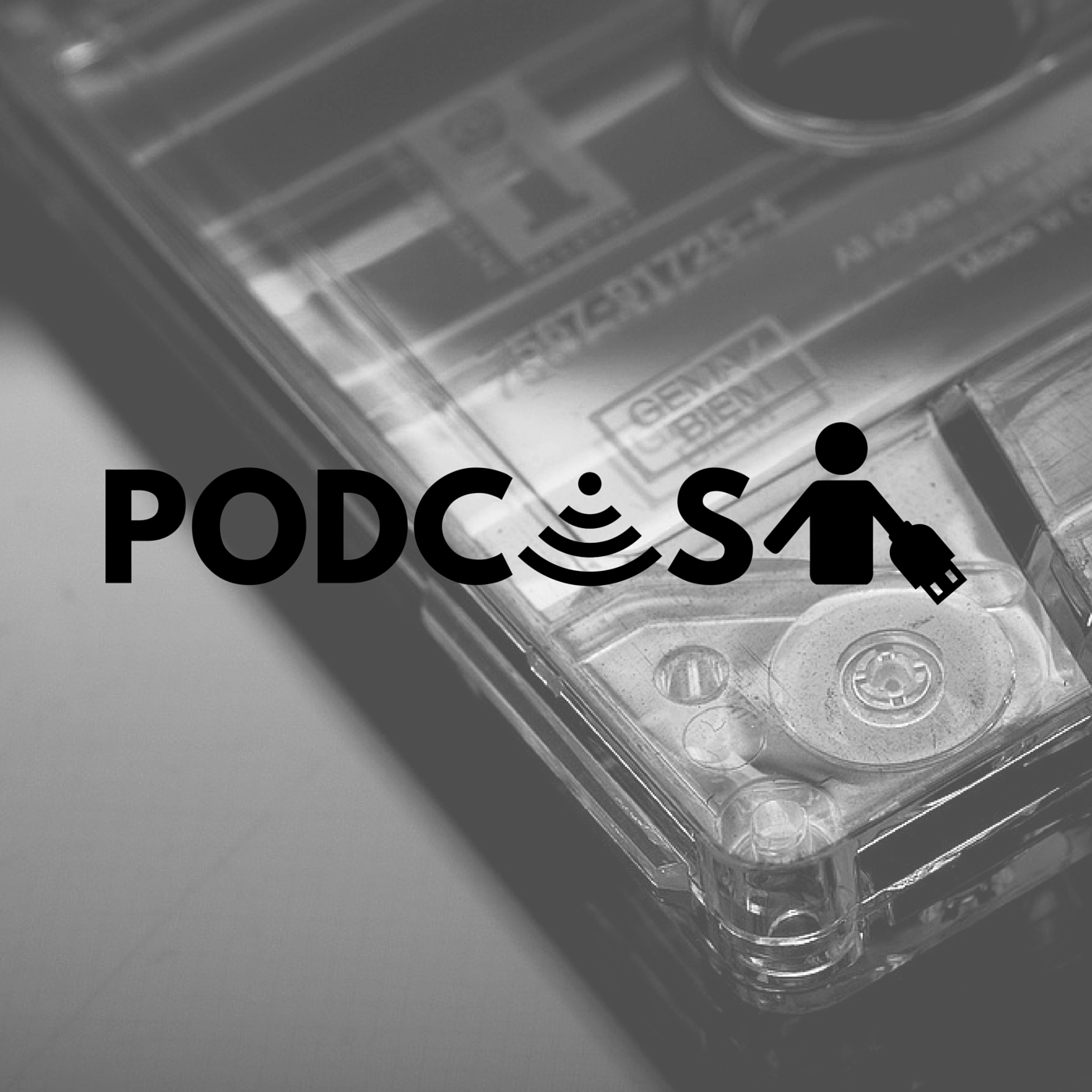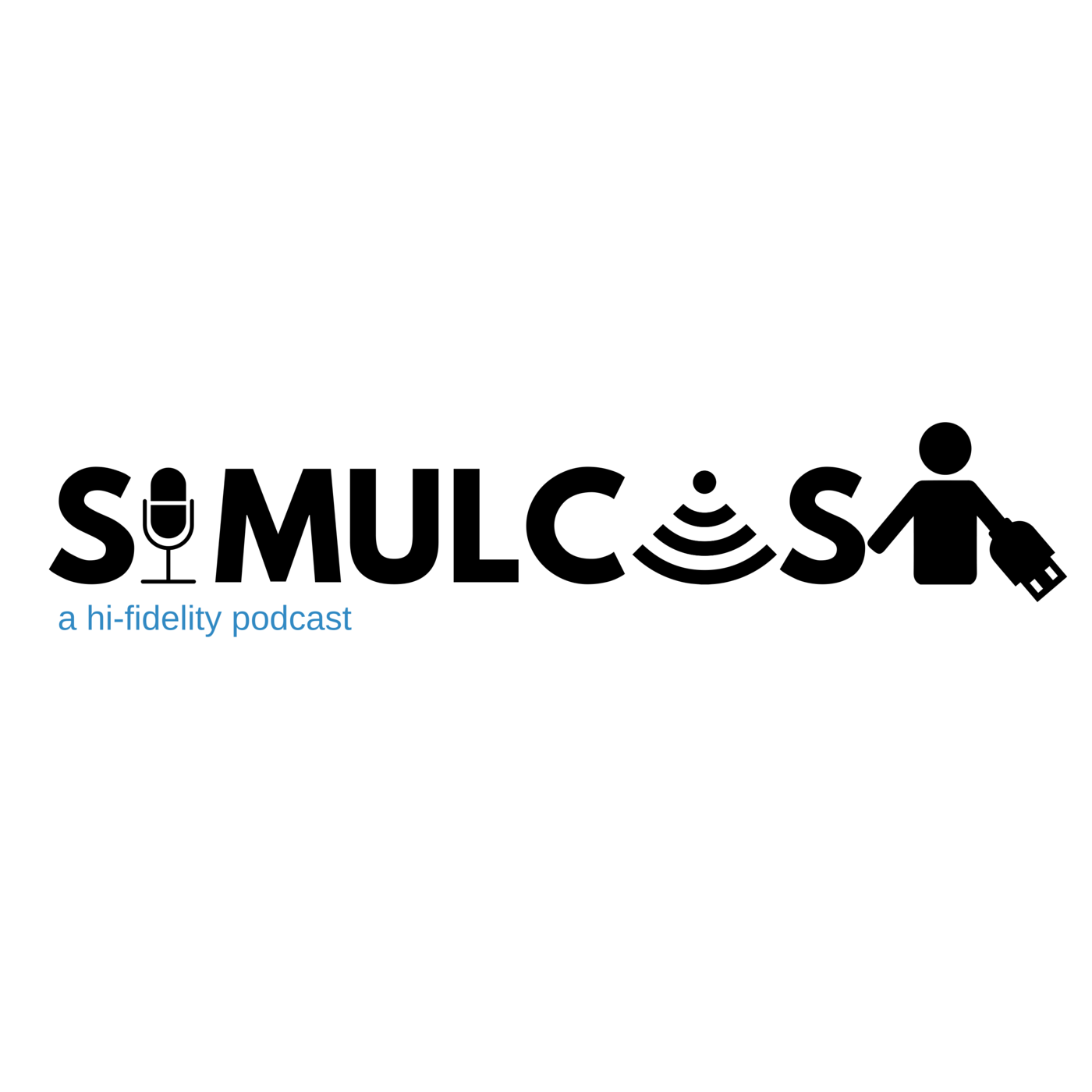Episodes

Sunday Jul 23, 2017
Ep. 9 - The Trojan Horse of Simulation
Sunday Jul 23, 2017
Sunday Jul 23, 2017
The dasSMACC (social medial and critical care) conference was recently held in Berlin. Simulation was a theme woven throughout the conference, and we thought a simulcast episode recapping on some of the messages and themes was timely.
Smacc has arguably redefined the way we think about medical conferences – great speakers, great messages, hard core critical care in an engaging format.
This year, simulation activities were embedded in main stage talks, workshops, panel discussions and the ‘Sim Haus’ we previewed in a recent Simulcast episode.
A series of linked main stage talks from Clare Richmond, Chris Hicks and Jon Gatward gave us a framework for thinking about simulation modalities and matching method to objective. Following the journey of a head injured patient, we saw performances by actor Renee Lim, the incredibly realistic manikin made by Lifecast, and how end of life discussions, organ donation, cognitive biases can be addressed using simulation just as well as the action sequences involving airway management of a head injury.
Also on the main stage - Brian Burns opening talk wasn’t about simulation, but rather was a futuristic trauma simulation in which he demonstrated the ways technology might improve our pre-hospital trauma care in the not too distant future, including drone delivered blood products.
Jenny Rudolph gave us a practical insight and skills for dealing with ‘WTF’ moments, by seeking out the underlying frames for behaviour we find annoying or disappointing. She led a whole of audience exercise in resetting our response from unhelpful emotion to curiosity, bringing to life her longstanding work in double loop learning and debriefing using advocacy inquiry.
The interprofessional panel discussion (aka ‘the tribalism panel’) sparked conversations about how simulation can be an agent of culture change, but also how deliberate our strategies need to be in making our educational outcomes truly interprofessional.
Both Jesse and I were involved in the education panel on Day 3 where simulation was again a core theme, especially as it pertains to preparing learners for the future, connecting with quality improvement in hospitals, and integrating into everyday work. Walter Eppich’s work on how to take our debriefing skills into the clinical area through coaching conversations received a lot of attention. As the Twitter moderator, Jesse wonderfully captured some audience questions and responses in this storify.
Pre-conference workshops on Debriefing, Leave the Sim Lab behind and Stress Inoculation were a chance for attendees to deep dive with internationally respected faculty. Jan Schmutz presented his recent work on team reflexivity in the debriefing workshop (an enlightening read, but you will need to concentrate).
The last of those workshops connected with a presmacc meeting in London – the Performance Psychology in Medicine Seminar. This fantastic program connected the worlds of high performance in pre-hospital care, other healthcare, elite sport and on stage. The event highlighted work like Mike Lauria’s Psychological skills to improve emergency care providers performance under stress, and others like Vicki Leblanc.
The Sim Haus was a dedicated physical space within the conference venue, which housed industry displays and ‘meet the experts’ session. There was some fascinating new technology and an atmosphere of sharing sim ideas and challenges.
Where to for more?
Feel free to go back to #dasSMACC and also #simHaus, and of course wait for the talks and podcasts to be released on the smacc website and podcasts over the year.
Next smacc conference is in Sydney February 2019


No comments yet. Be the first to say something!